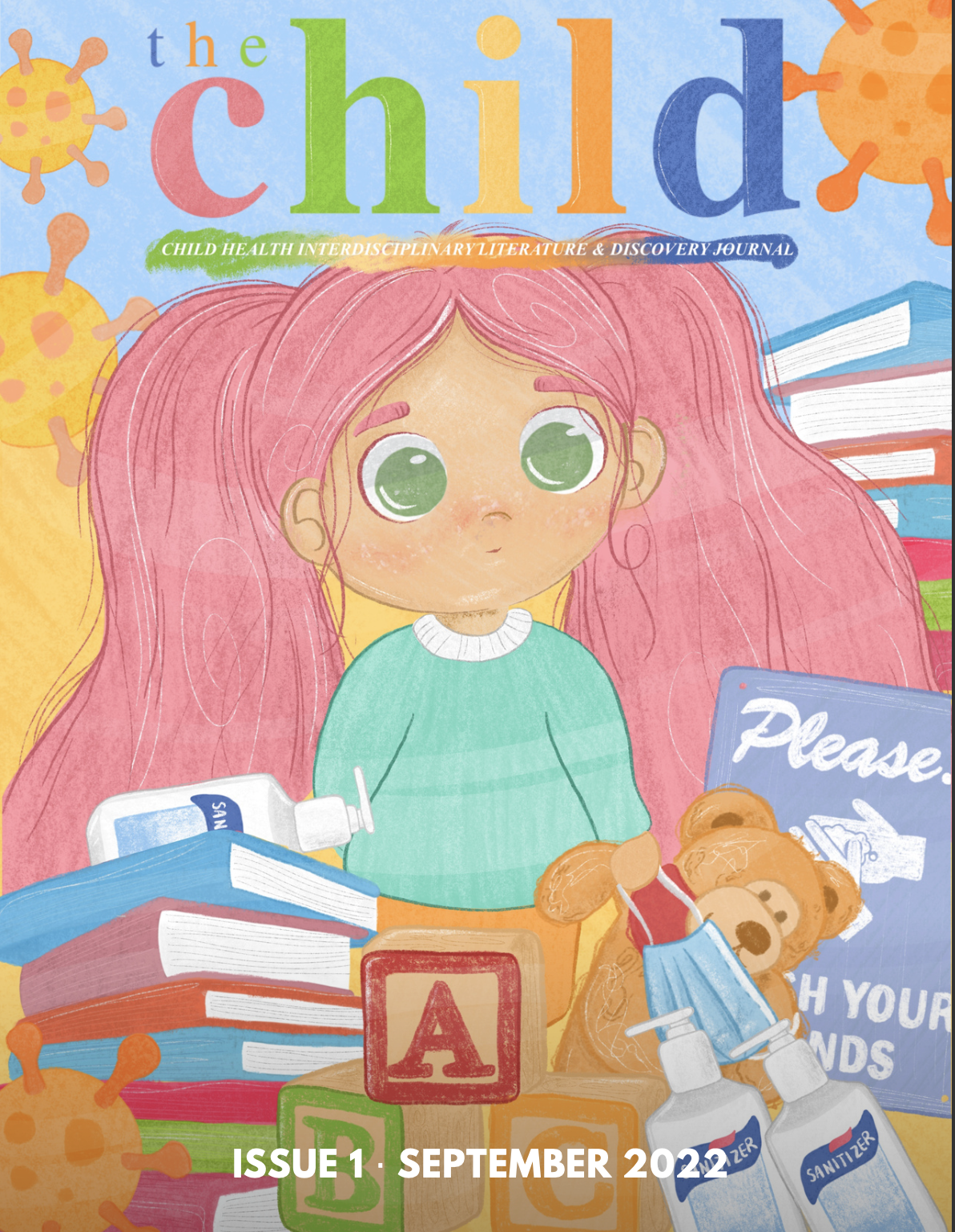A COVID-19 Consideration: Responding to the Evolving Needs of Children and Families Affected by Cerebral Palsy
DOI:
https://doi.org/10.15173/child.v1i1.3124Keywords:
Cerebral Palsy, COVID-19Abstract
Cerebral palsy (CP) refers to a group of disorders in which atypical muscle tone impairs movement, balance, and posture. Resources available to support children and families affected by CP include therapies, assistive technologies, educational supports, and familial and social services. However, the COVID-19 pandemic has disrupted usual access to many of these resources, making it difficult for children with CP and their families to receive necessary support for optimal development. The International Classification of Functioning, Disability and Health: Children and Youth Version (ICF-CY) is a framework used by various stakeholders, such as healthcare workers, caregivers, and educators, to measure health and functioning in children. Additionally, the Ecological Systems Theory, which was created by Urie Bronfenbrenner, provides a powerful lens to examine how a child’s development is influenced by their surroundings. This paper provides an overview of the literature about relevant forms of support for those affected by CP and evidence-informed insights about how such supports may be adapted to better fit healthcare needs evolving as a result of the pandemic.

